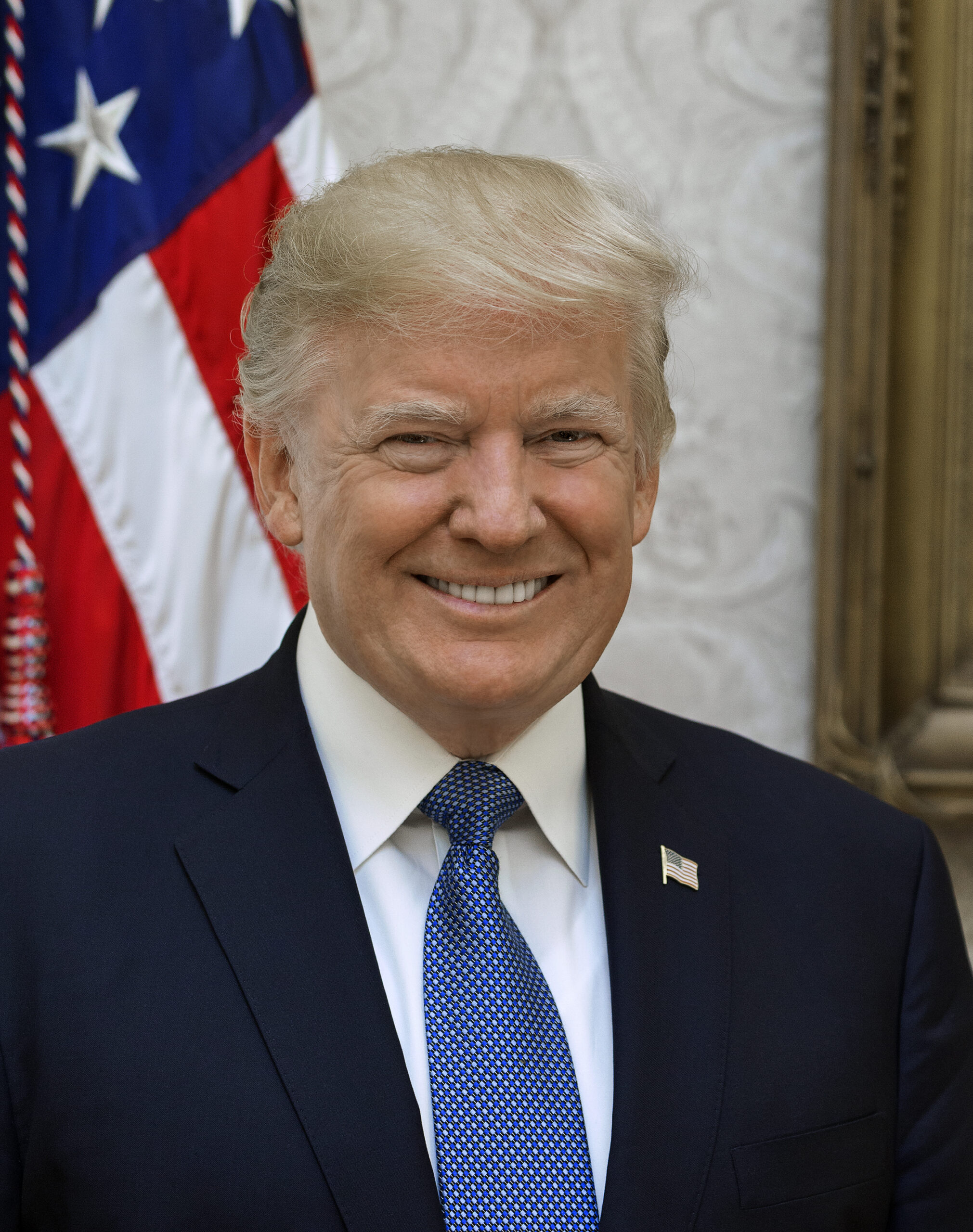Trump’s New Immigration Policy: $100K Fee for H-1B Visas
In a major immigration policy shift, President Donald Trump has announced a $100,000 application fee for H-1B visas, sparking debate across industries and political circles. The move, introduced through an executive order on Friday, is being positioned as a way to reduce overuse of the H-1B visa program while encouraging companies to prioritize American workers.
“We need exceptional workers, and this helps ensure that outcome,” Trump said from the Oval Office, where officials explained the details of the measure. The policy requires companies to pay the hefty fee before being allowed to bring skilled foreign workers into the U.S.
H-1B Visa News 2025: What’s Changing?
The H-1B visa, a highly sought-after U.S. work visa, enables foreign professionals to reside and work in the United States for up to three years, with the option to extend their stay for an additional three years. Traditionally, this program has been critical for industries such as technology, engineering, and healthcare, where specialized skills are often in short supply.
Economists argue that H-1B workers enhance U.S. competitiveness, drive innovation, and contribute to the creation of jobs for American citizens. However, Trump’s latest action adds a significant financial barrier.
Commerce Secretary Howard Lutnick revealed that the administration is still finalizing whether to require $300,000 upfront or collect the $100,000 fee annually for three years, plus vetting costs.
Click Here to Learn More About Working and Studying in Canada
Trump’s Immigration Policy: A Shifting Stance
Trump’s approach to the H-1B visa program has fluctuated over the years. During his first term, he imposed several restrictions on foreign worker visas, sparking criticism from tech companies and universities that depend on global talent.
Yet, in the 2024 campaign, he signaled openness to legal pathways for foreign graduates of U.S. universities. In a December interview with the New York Post, Trump described himself as “a believer in H-1B,” claiming the visas are necessary to attract the best talent.
This stance has created tension among his supporters, with immigration hardliners opposing the program while business leaders like Elon Musk and Vivek Ramaswamy defend it as vital for U.S. growth.
Currently, the U.S. issues 65,000 H-1B visas annually, with an additional 20,000 set aside for advanced-degree holders. High demand typically forces the program into a lottery system.

The Gold Card Visa USA: A New Pathway for Wealthy Immigrants
Alongside the H-1B fee hike, Trump introduced a controversial new initiative: the “Gold Card Visa USA” program. This fast-track immigration pathway allows individuals to obtain expedited U.S. visas by paying $1 million, while companies can pay $2 million to speed up the process for their foreign employees.
Commerce Secretary Lutnick, who spearheaded the initiative, argued that the current green card system admits too many low-skilled workers. The gold card visa aims to reverse that trend by targeting “extraordinary people at the very top,” as Lutnick put it.
This policy could reshape how the U.S. attracts foreign talent, focusing on entrepreneurs, investors, and high-income earners instead of entry-level workers.
Impact on U.S. Businesses and Foreign Workers
The introduction of a $100K H-1B visa fee and the gold card pathway could have far-reaching effects on U.S. industries. Sectors like technology and finance, which rely heavily on international talent, may face new challenges in hiring skilled workers.
Critics argue that the policy could discourage diversity and innovation, while supporters say it protects American workers and prioritizes high-value immigrants.
Final Thought
Trump’s new immigration policy in 2025 marks one of the most dramatic changes to the U.S. visa system in recent years. By imposing a $100,000 fee on H-1B visas and launching the gold card visa USA, his administration is signaling a shift toward wealth-based and high-skill immigration.
For businesses, job seekers, and foreign professionals, these changes could significantly reshape the future of work and immigration in America.
As debates unfold, one thing is clear: the H-1B visa news 2025 will continue to dominate headlines — and its impact on U.S. industries, innovation, and the global workforce will be closely watched.
